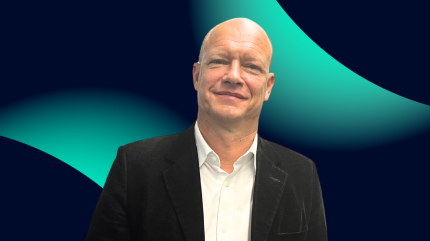
In 2023, family office investment firm Kliro Capital Partners acquired the UK-based Intercontinental Brands (ICB) in a bid to create a new independent spirits business, which was launched in late 2024 under the name Fortitude Spirits Group.
Just Drinks caught up with recently appointed CEO Ed Cottrell to find out more about his plans for the UK company.

In 2023, family office investment firm Kliro Capital Partners acquired the UK-based Intercontinental Brands (ICB) in a bid to create a new independent spirits business, which was launched in late 2024 under the name Fortitude Spirits Group.